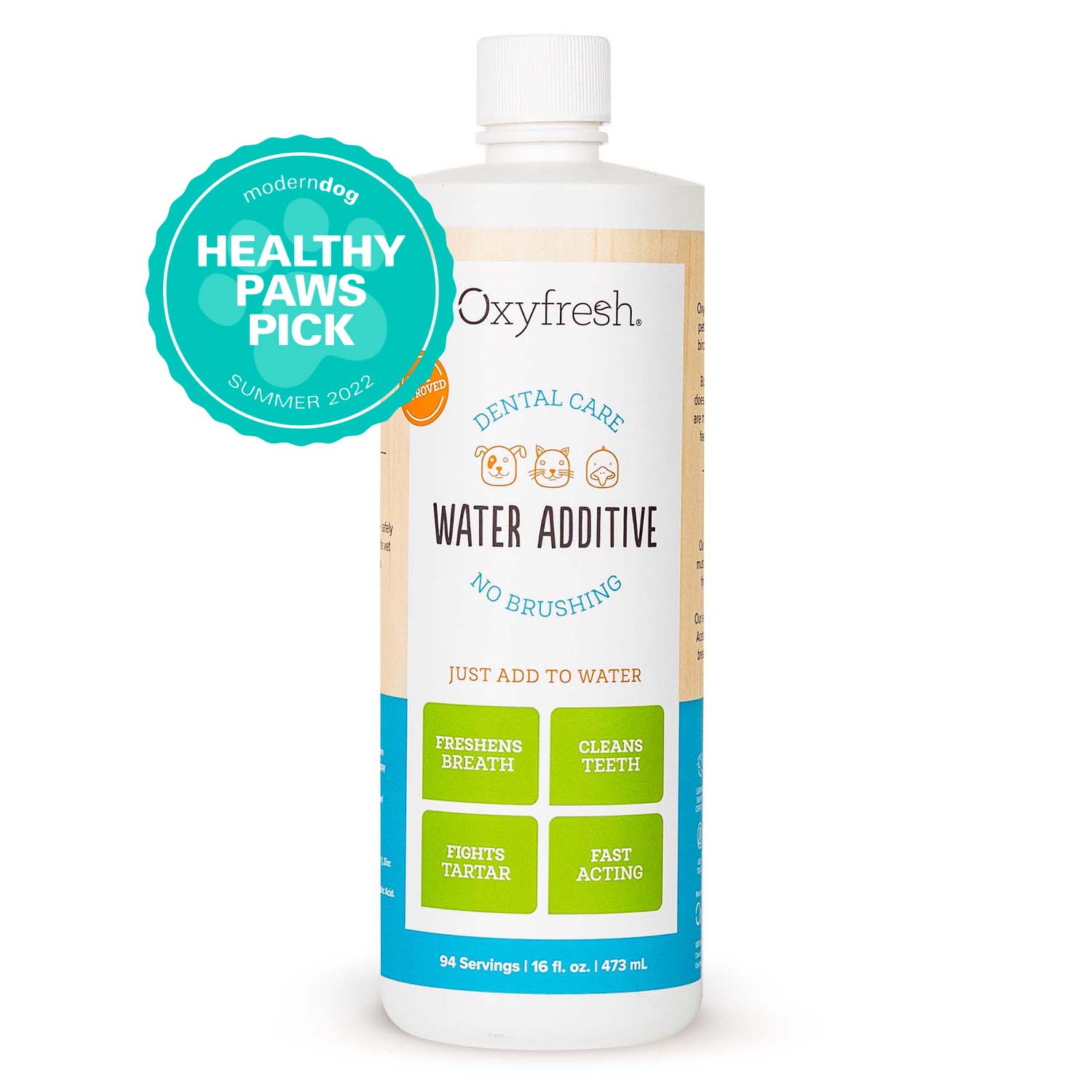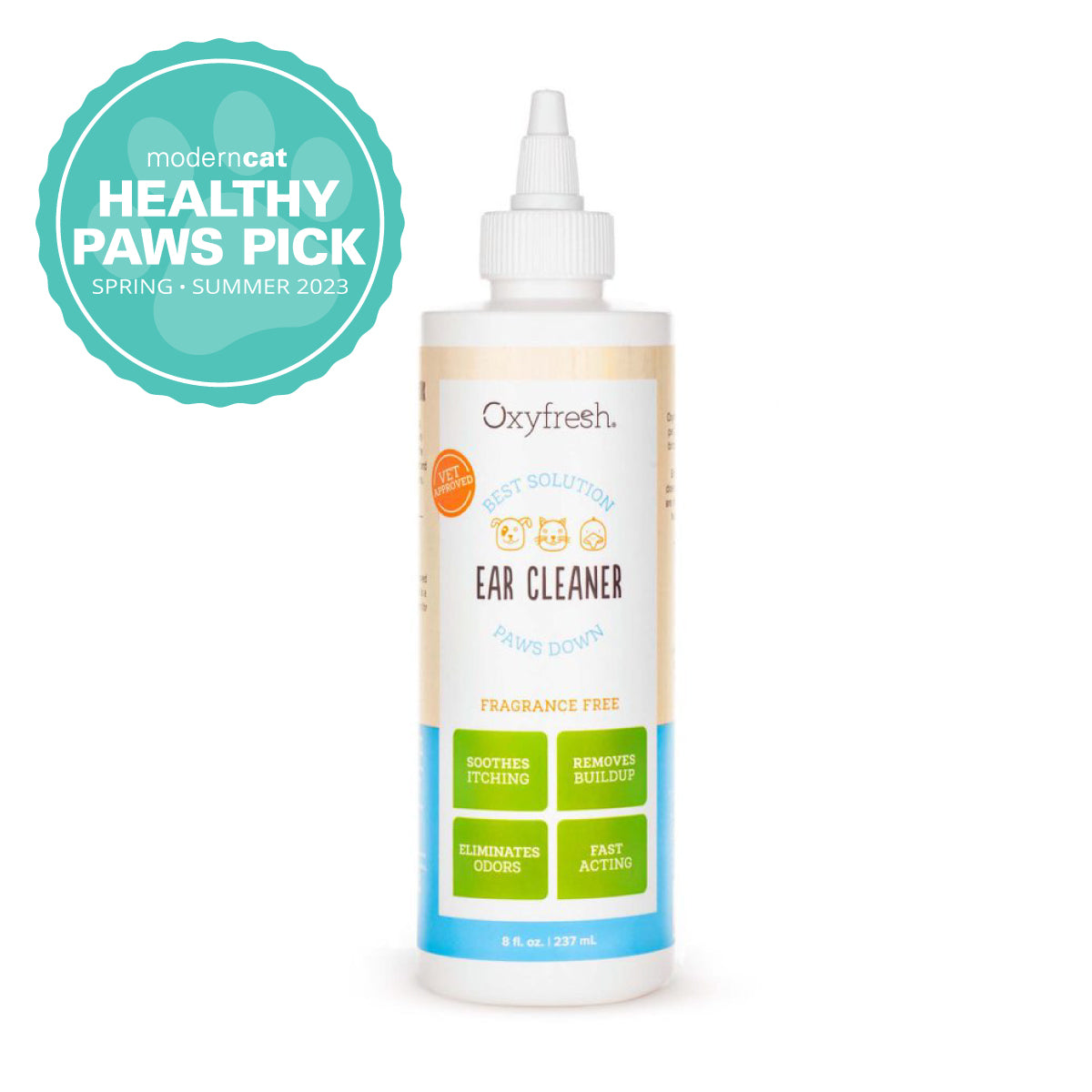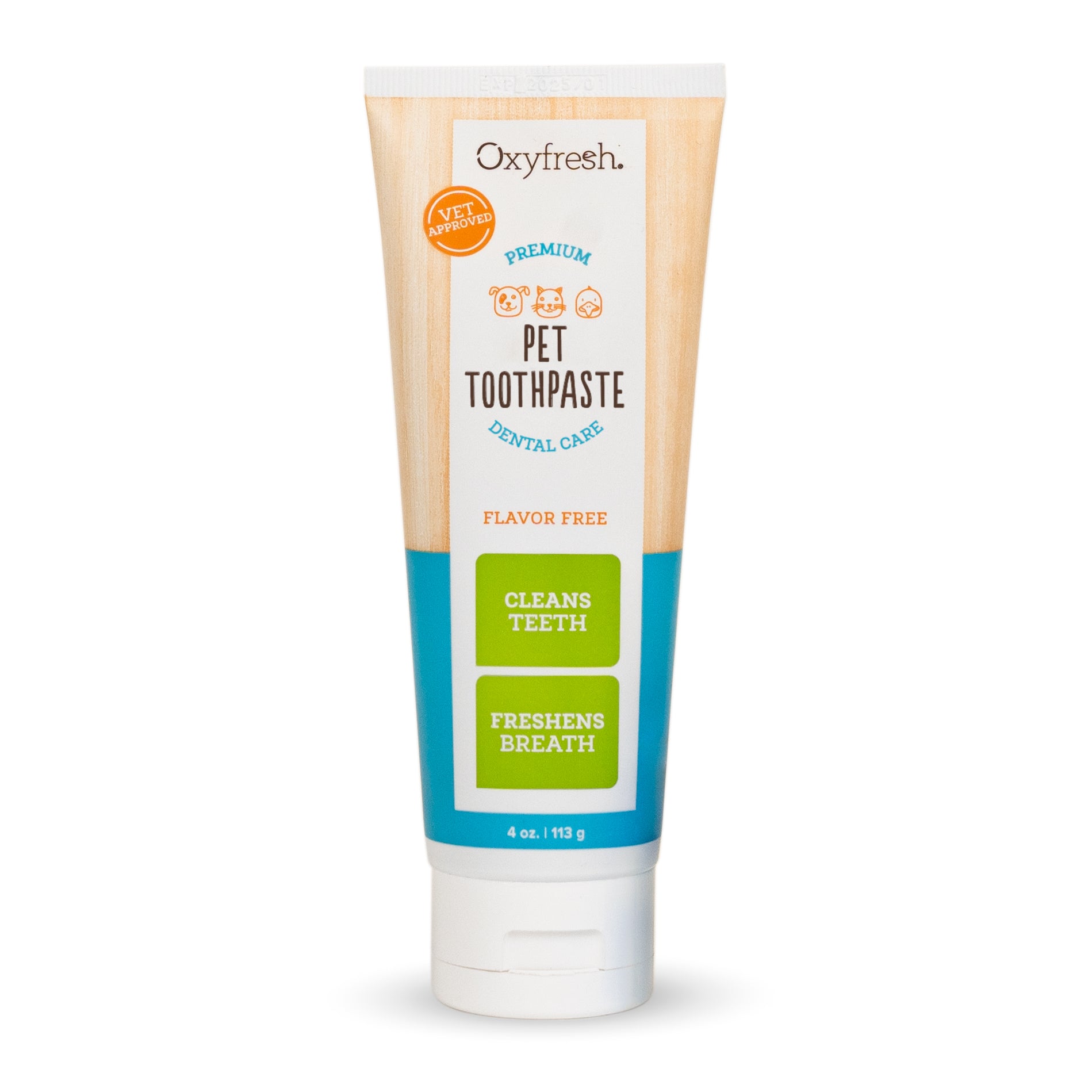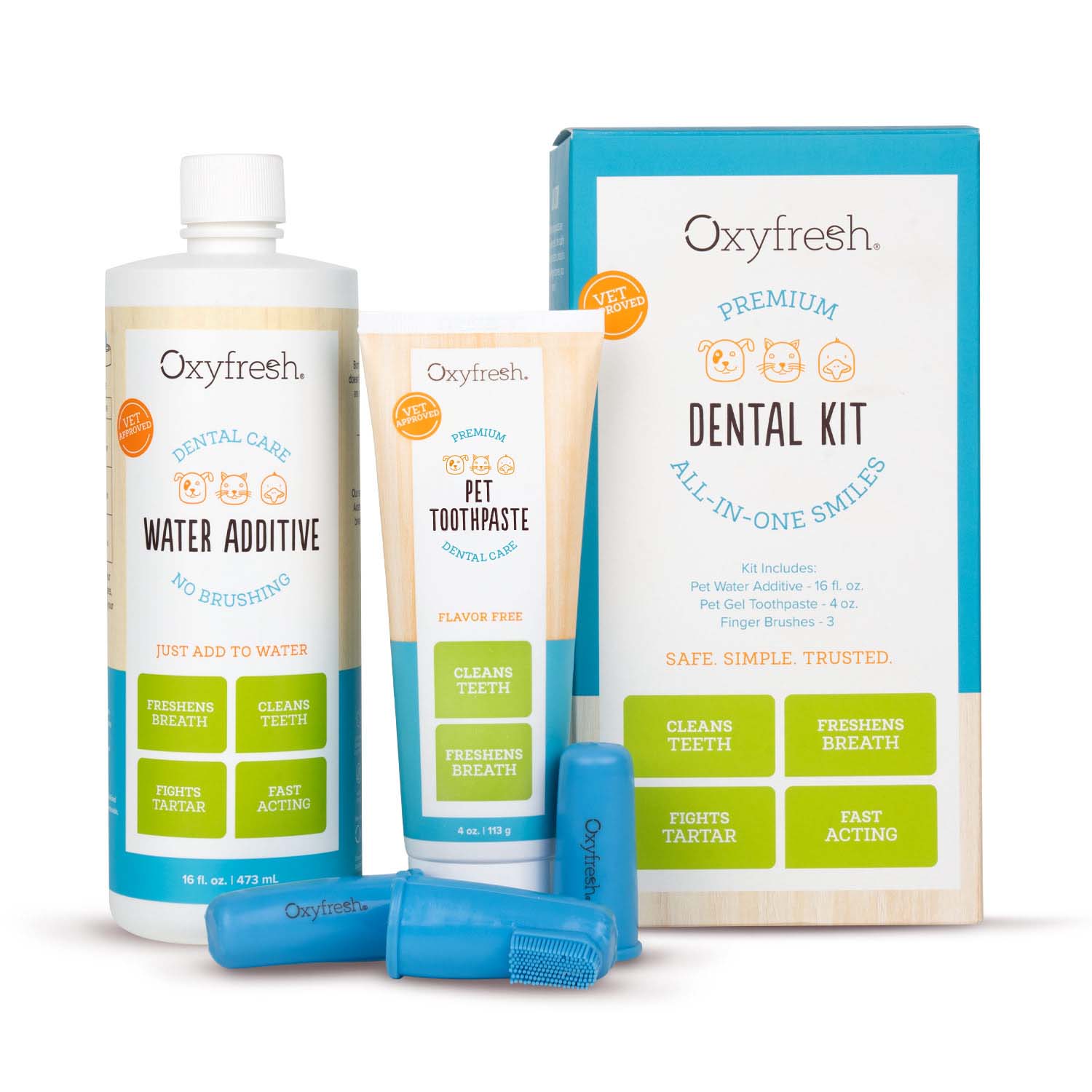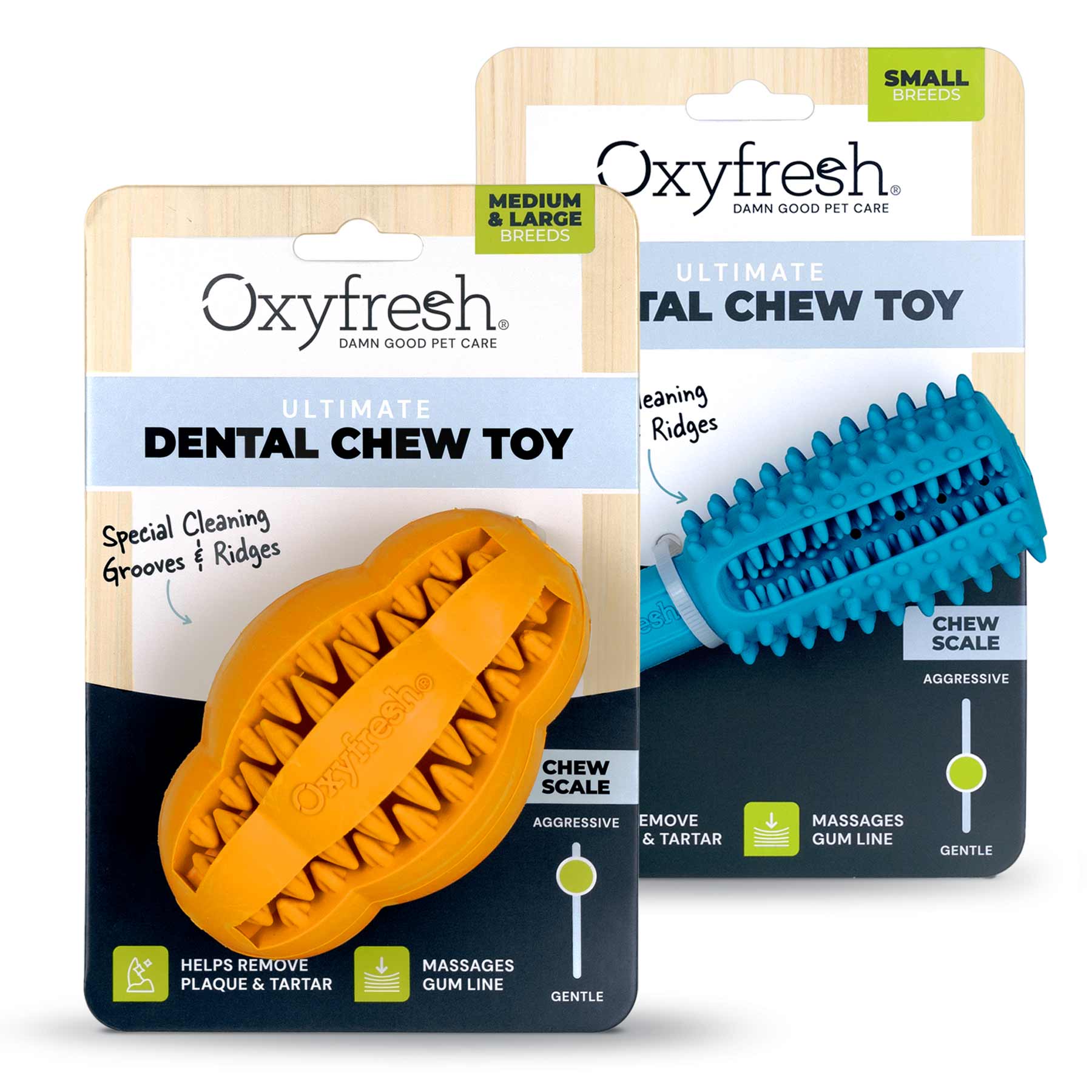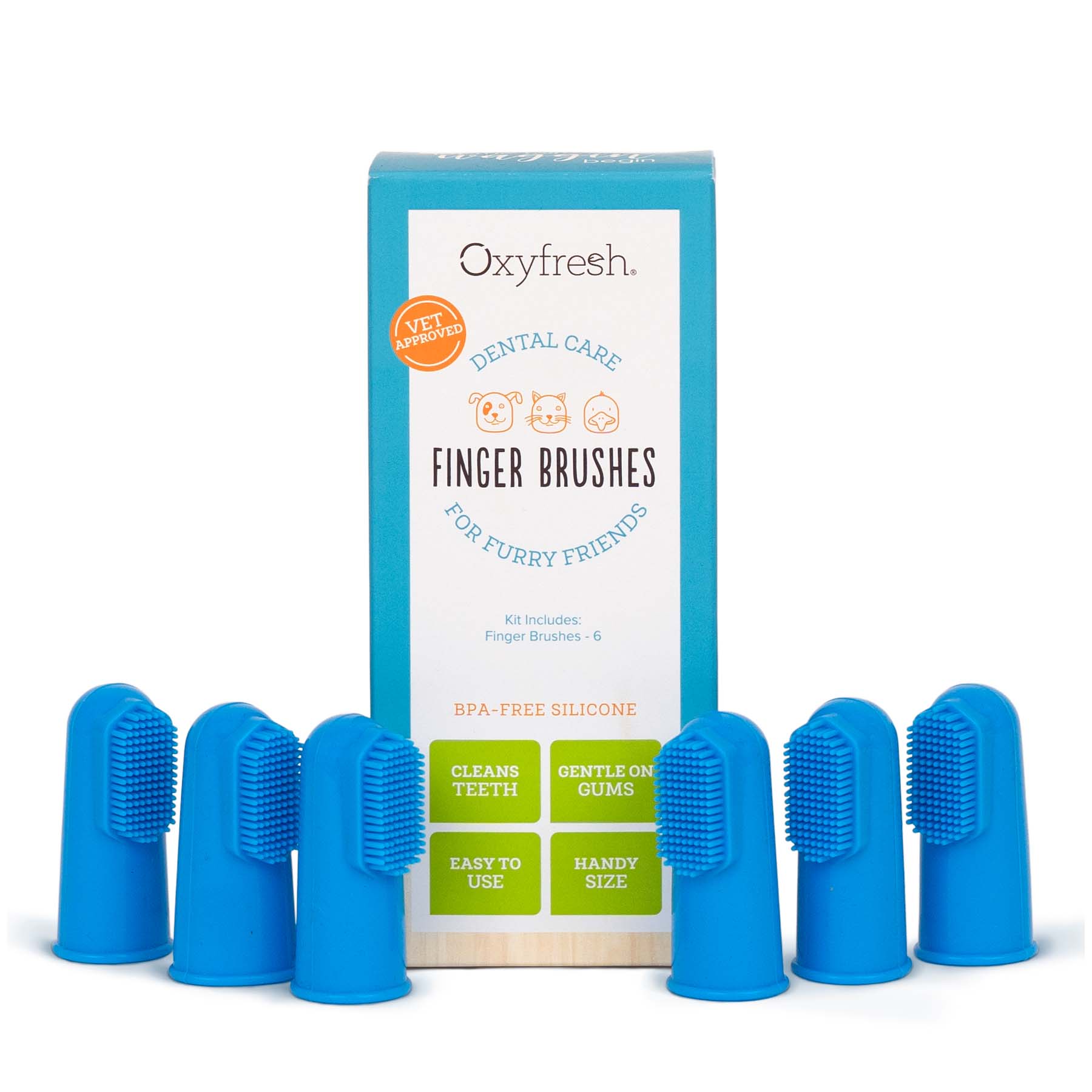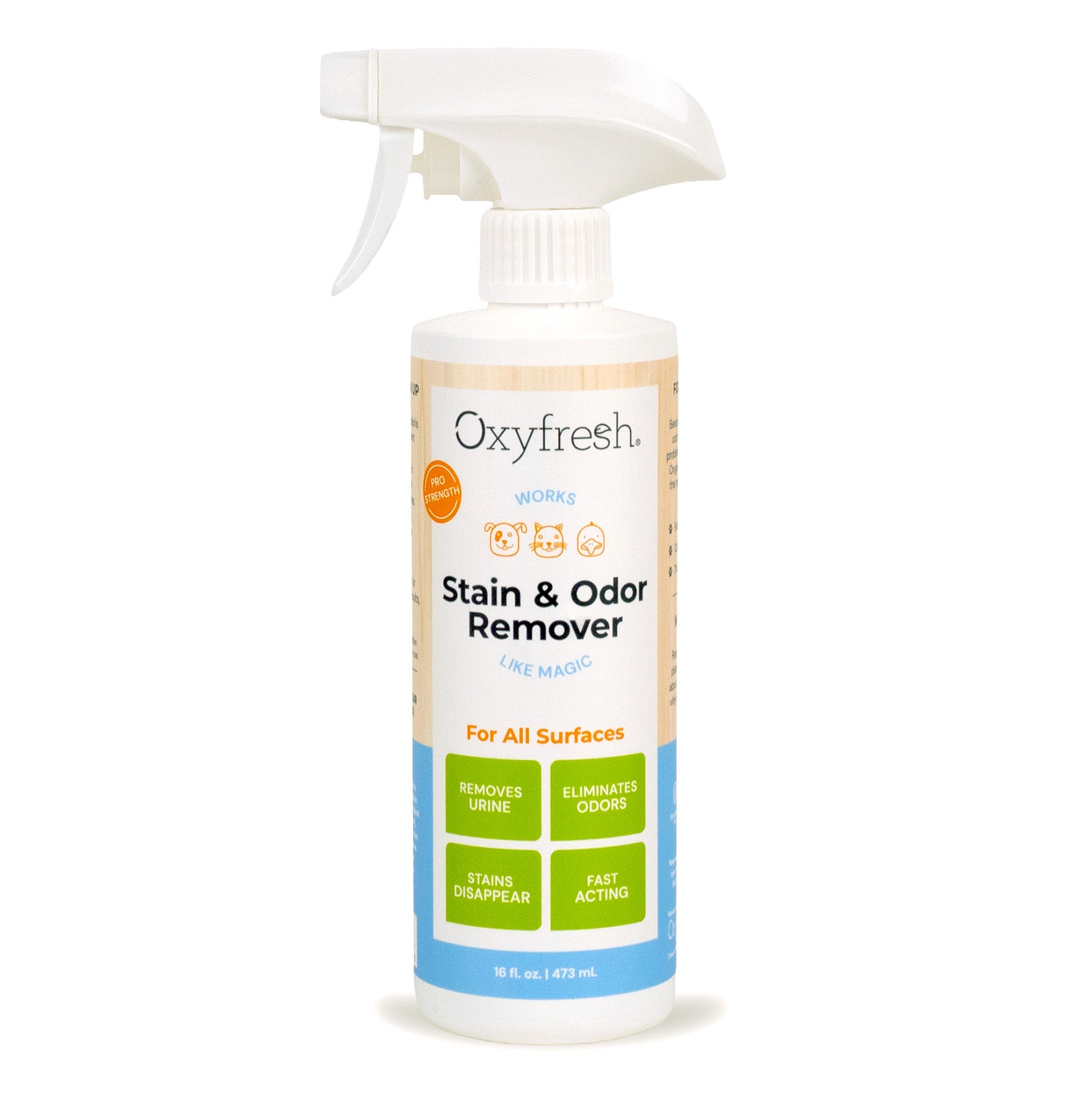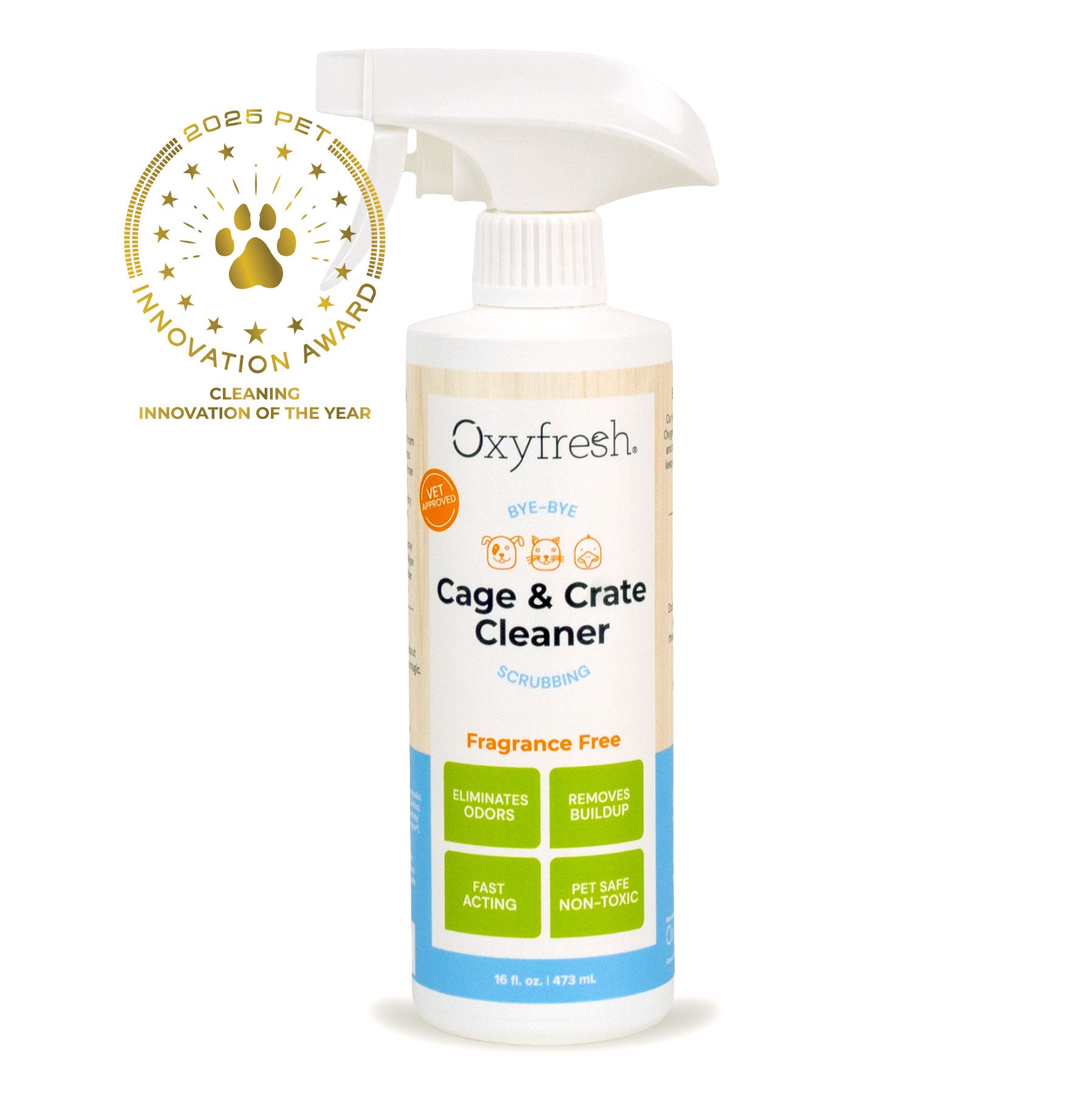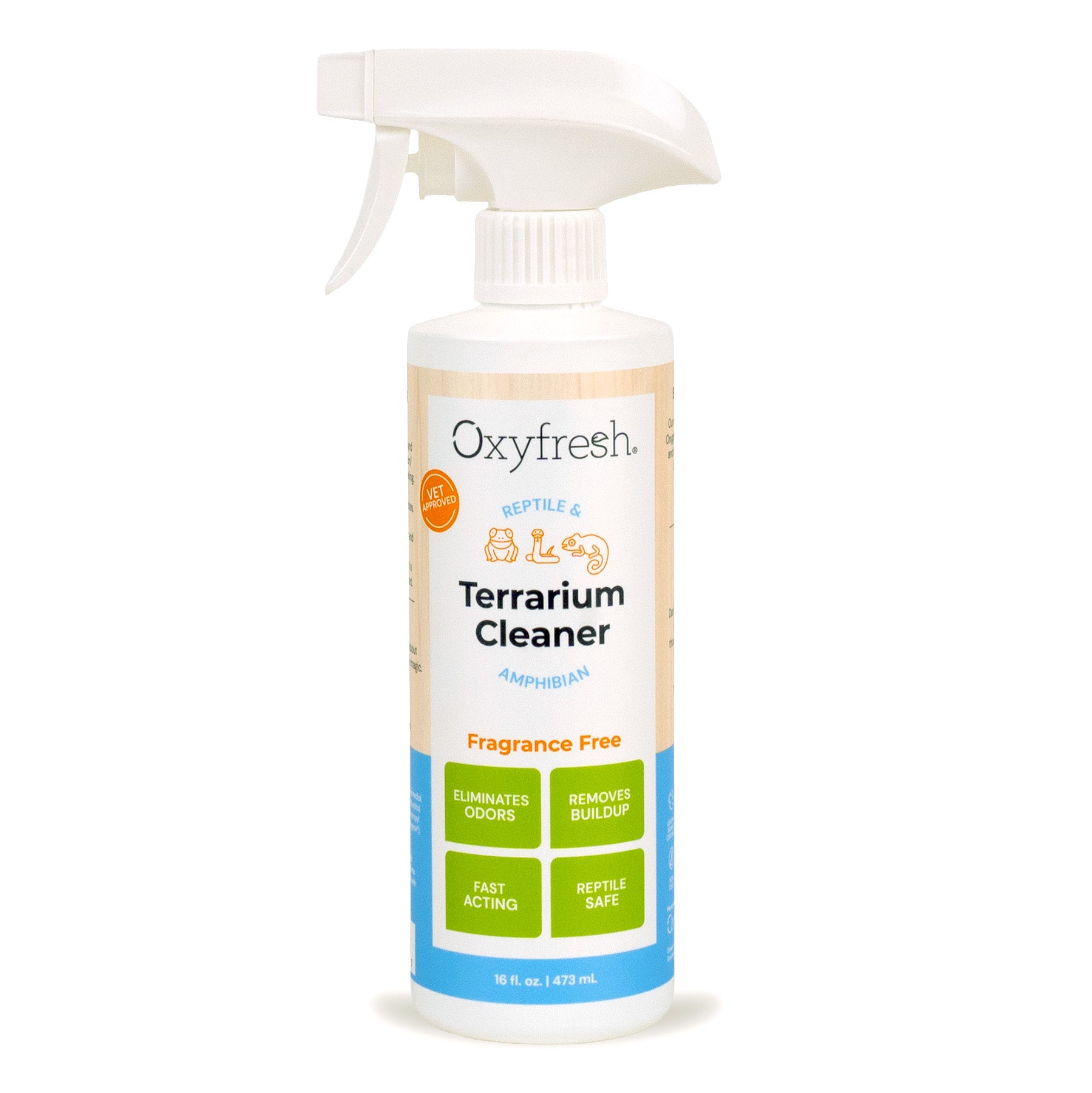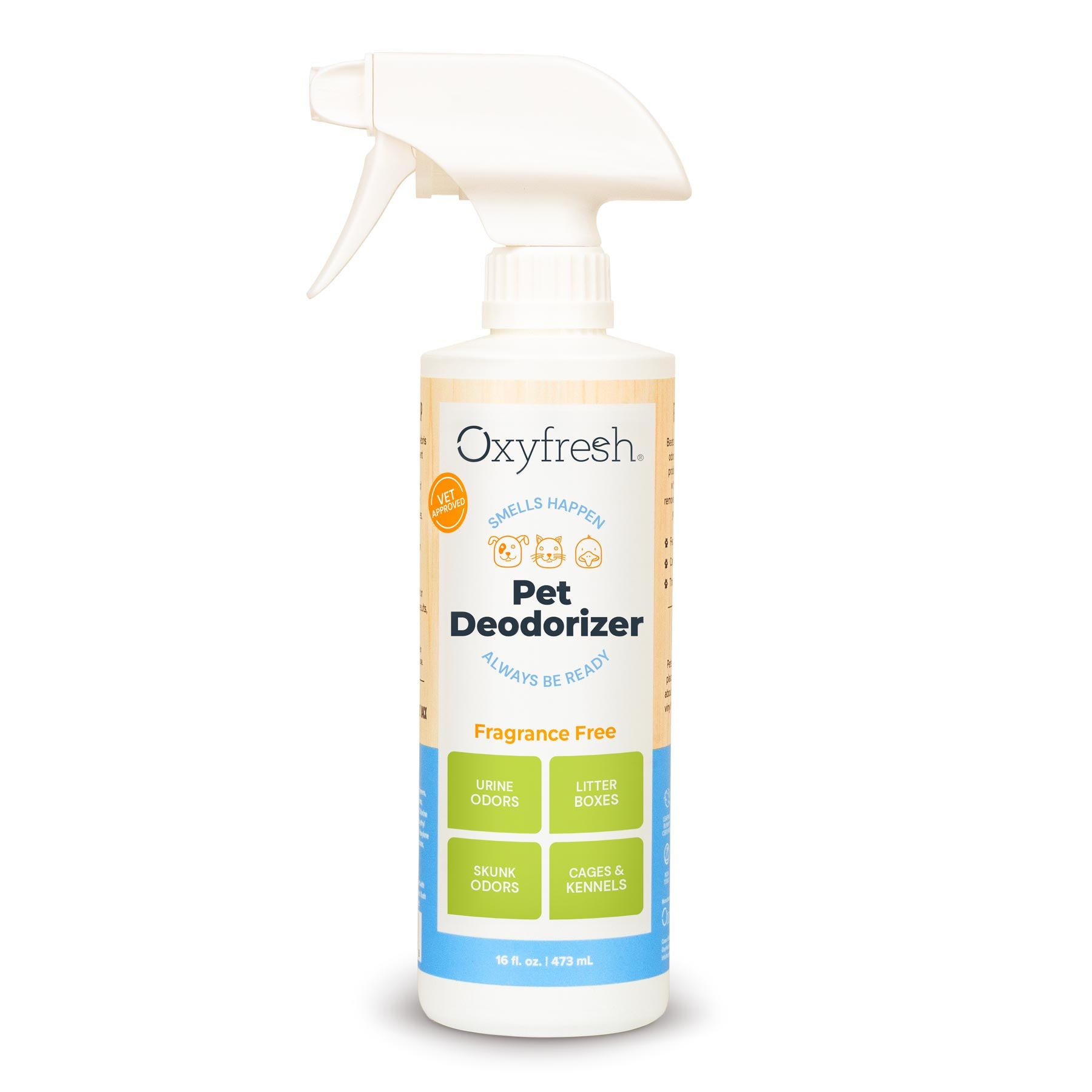Bad breath, a stinky coat or ears could be more than they seem
What Causes Pet Odors?
While your dog or cat isn’t meant to smell like a bed of roses, they're definitely not supposed to smell really bad. If you ignore your pet's bad breath, stinky ears or coat, and hope it goes away on its own, you’re in for a rude – and stinky – awakening.
Periodontal Disease
Bad breath is often the first sign of periodontal disease (gum disease). This painful, completely preventable, pet dental condition causes the gums to become red and swollen. Keeping up with dental hygiene can add years and comfortability to a pet's life.
Ear Infection
If you spot dark brown ear wax or you notice constant head shaking, be sure to smell your pet's ears. No odor is normal, and dirty ears that just need a cleaning may have a mild smell. But anything yeasty or downright “yuck” smelling is a sign of an ear infection.
Skin Bacteria or Yeast
Bacteria and yeast are normal, natural, parts of life. But when there is an overgrowth of either (or both simultaneously), things can get hairy. Irritation can start with an allergy or pH imbalance and progress to an itch problem, or even an infection.
Dirty Crate
Most of the "dog smell" in a stinky crate comes from their coat's natural oils combined with any dirt that they've encountered along the way. To keep your pup's BO to a minimum, wash their bedding and crate once a week, and follow up with a pet deodorizer.
Try Oxyfresh veterinarian-approved pet dental, grooming, and household-deodorizing products. They are safe for even the smallest animal's delicate bodies, and will help to make them smell better and be healthier. Check out the extremely popular Pet Water Additive to keep your pet's breath fresh and prevent plaque without ever having to touch a toothbrush.


